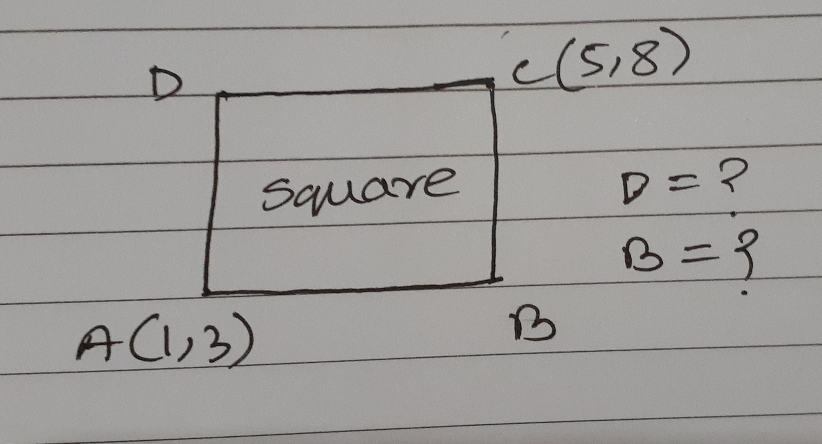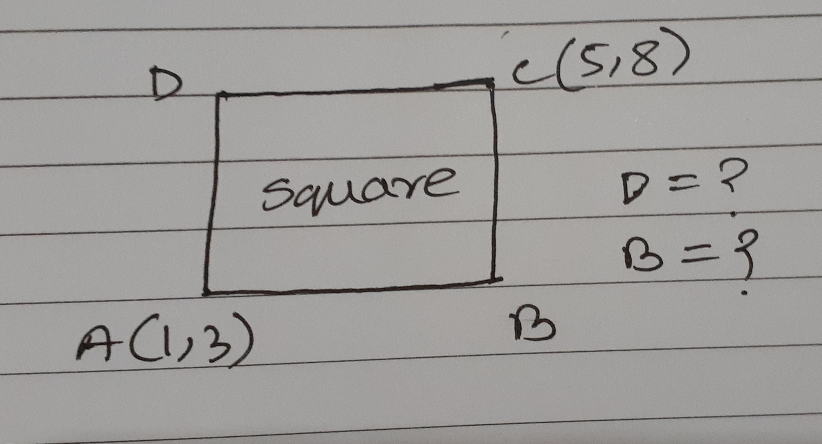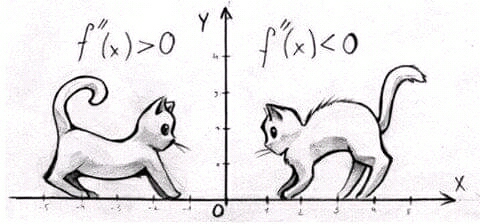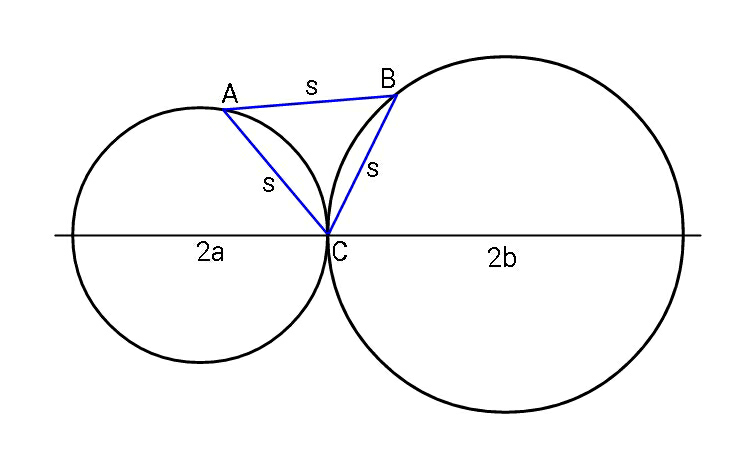
AllQuestion and Answers: Page 1477
Question Number 64328 Answers: 0 Comments: 0
Question Number 64327 Answers: 0 Comments: 1
Question Number 64320 Answers: 1 Comments: 1
Question Number 64311 Answers: 3 Comments: 1

Question Number 64309 Answers: 0 Comments: 1

Question Number 64305 Answers: 0 Comments: 6

Question Number 64302 Answers: 0 Comments: 0

Question Number 64300 Answers: 0 Comments: 0

Question Number 64299 Answers: 0 Comments: 0

Question Number 64297 Answers: 0 Comments: 0

Question Number 64295 Answers: 0 Comments: 0

Question Number 64289 Answers: 2 Comments: 2

Question Number 64287 Answers: 0 Comments: 3

Question Number 64284 Answers: 0 Comments: 0
Question Number 64253 Answers: 0 Comments: 1

Question Number 64251 Answers: 0 Comments: 0

Question Number 64250 Answers: 0 Comments: 0

Question Number 64246 Answers: 3 Comments: 0

Question Number 64240 Answers: 1 Comments: 0

Question Number 64238 Answers: 0 Comments: 2
$$\int{ln}\left({x}−\mathrm{5}\right)/{x}^{\mathrm{2}} +\mathrm{110}{x}−\mathrm{5}{dx} \\ $$
Question Number 64227 Answers: 1 Comments: 0
$$\int\frac{\mathrm{1}}{{x}^{\mathrm{6}} +{x}^{\mathrm{3}} }{dx}=? \\ $$
Question Number 64225 Answers: 1 Comments: 0
Question Number 64224 Answers: 0 Comments: 1
$$\int{x}_{{x}} {dx} \\ $$$$ \\ $$$$\int{x}^{{x}} {dx} \\ $$
Question Number 64213 Answers: 0 Comments: 2
Question Number 64267 Answers: 1 Comments: 1
Question Number 64266 Answers: 1 Comments: 0
$$\:\underset{\mathrm{1}/{e}} {\overset{{e}} {\int}}\:\mid\:\mathrm{log}\:{x}\:\mid\:{dx}\:= \\ $$
Pg 1472 Pg 1473 Pg 1474 Pg 1475 Pg 1476 Pg 1477 Pg 1478 Pg 1479 Pg 1480 Pg 1481
